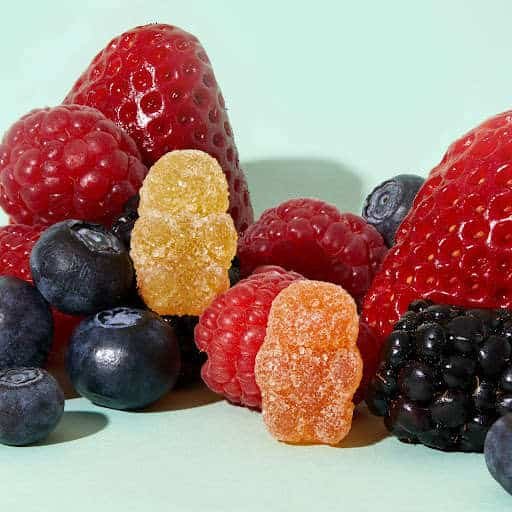CBD oil containing cannabidiol, a non-intoxicating cannabinoid, is one of the fastest-growing trends in the health and wellness niche. People use it to help with a myriad of issues, including:
- Anxiety
- Chronic pain
- Headaches
- Fatigue
- Nausea
- Insomnia

It doesn’t cause an intoxicating high and is even used on children with epilepsy to help reduce seizures. Evidence of CBD’s benefits continues to be published, and the World Health Organization previously stated that the cannabinoid has a good safety profile.
A new group of people is beginning to explore the benefits of CBD oils; pregnant women. Many women experience mild to severe issues during pregnancy, including anxiety and stress, insomnia, and chronic pain. As they are told to steer clear of most medications while pregnant, some consider CBD oil from Premium Jane as a possible alternative.
This article investigates the available research regarding using CBD oils while pregnant.
Why Do Women Use CBD Oil While Pregnant?
Women who experience mild issues during pregnancy generally don’t use CBD oils. However, for other ladies, most of the nine months involve severe morning sickness, excruciating pain, and a lack of sleep. In extreme cases, some pregnant women get sick 20+ times a day and are at risk of dehydration.
Many women in this situation who used CBD oil were stunned by the effects. In some cases, users describe it as being like the flick of a switch. Suddenly, they went from violent spells of vomiting throughout the day to experiencing little more than mild nausea. Women who struggled to sleep found that their nighttime issues decreased, and they felt rested and more energetic.

However, this trend concerns many ob-gyns who don’t recommend using CBD oil while pregnant.
What Are the Concerns Surrounding CBD Oil Use While Pregnant?
The main issue is the complete lack of research into the effects of CBD oil on pregnant women and their newborns. There is evidence that the use of cannabis while pregnant is linked with lower birth weight. Yet, most reviews look at marijuana use, which involves ingesting delta-9 THC. THC is an intoxicating substance and should certainly be avoided during pregnancy.
Furthermore, much of the research focuses on pregnant women who smoke marijuana. This is an even bigger danger because the process involves inhaling combusted plant matter. The burnt marijuana can release a certain number of carcinogenic substances, which the mother inhales.
Besides being worried about a lack of research into CBD use during pregnancies, ob-gyns also point to the lack of regulation within the industry. Unfortunately, most states do little to check the quality of CBD oils entering the marketplace. As a result, a huge percentage of products are mislabeled. There is a danger they contain heavy metals, chemicals, or excessive levels of THC.
What About CBD Oil Use While Breastfeeding?
There is also little or no research into CBD oil use during breastfeeding. However, medical experts suggest avoiding the process if at all possible. There is evidence that chemicals ingested during marijuana use could be passed to the child via breast milk.
Granted, children can safely use CBD oils. Indeed, Epidiolex, an FDA-approved drug containing CBD, is recommended for use in children with one of three specific conditions. However, only children aged 1+ are allowed to use it.
Also, if you use CBD oil while nursing, you may feel sleepy or suffer from impaired judgment while trying to care for your newborn baby.
Should I Use CBD Oil During My Pregnancy? Final Thoughts
The jury is out on whether CBD oil is helpful or harmful during pregnancy. Many women who have used it claim the cannabinoid provided various benefits. However, there isn’t enough research into the effects of CBD on pregnant women to confidently claim it is safe for the mother or child. It is also wise to avoid using cannabidiol while breastfeeding for the same reason.
However, if you insist on trying CBD oil while pregnant, please ensure it comes from a reputable brand, preferably one with several years in the industry. Check for updated lab reports that outline the cannabinoid content. This document also proves that the product is free from solvents, heavy metals, or other chemicals that could harm you or your baby.

